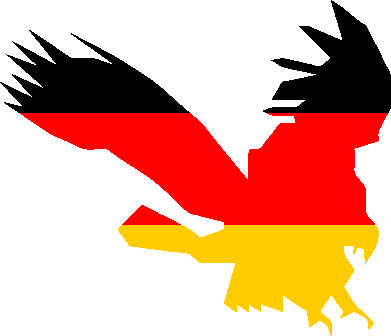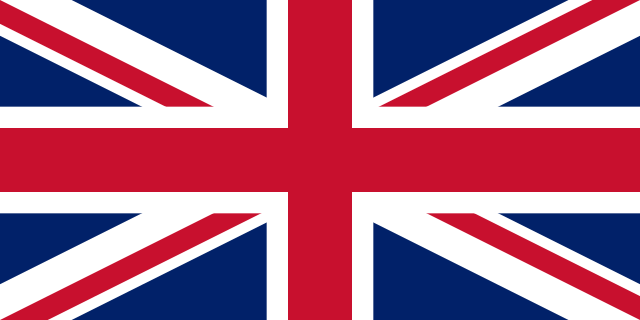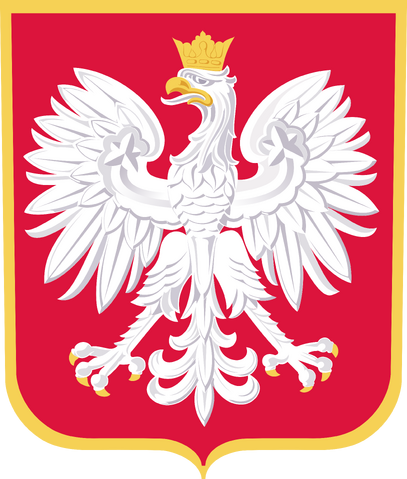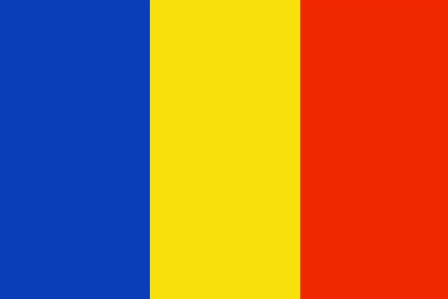
State visit in the Kingdom of Belgium
let me begin by thanking you for the chance and your patience to have me here today. For centuries, your country, then sadly just a geographic region, has been nothing more than a prize waiting to be snatched by any outside power longing for your riches and ignorant of your people. Be they German, Spanish, Dutch or French, Belgium had to endure foreign reign for the benefit of distant tyrants for more than a millenia. When Belgium became an independent realm in 1830 it still was not secure, its independence called into question until 1839 and even then your neighbors had designed on you.
Coming from a country that had but the latest try on your souvereignity, ignoring both it but also your desired neutrality just because of some ill-designed stratagems and blunt lust for power I hope to go for something that has been long overdue. I have come today, as the souvereign head of the German people to ask, to but ask you for forgivness for these crimes. I fully understand if you deem them unforgivable, just like the Italians and French wish to enslave Germany forever out of mistrust. But forever is quite a long time. If there are feelings that these stances are unfair towards Germany and the German Federation and the German people we are still quite aware that they may be unfair from everyone else but you. Among all countries falling victim to the emperor's feeble designs Belgium and Luxemburg stand above. For the crime can't and will not be denied.
I ask for quite much and I here the President gets down on his knees in front of the public am aware I am asking that much but we are willing to awnser for this crime towards Belgium and take every step necessary to earn this forgivness we wish for. And if you might see a way we might go on in this world as neighbors working together to bring prosperity and peace to us both we hope for a simple sign. And with that the German Federation will apply for the League of Nations but we will only join if the Kingdom of Belgium and the Grand Duchy of Luxemburg will support this step as we feel that we should only be recognized as other nations if those we truly and undeniable did wrong may see a chance for us to once right that wrong.
This is, what I ask for you, in the name of my country and my people, in the name of the German Nation. It is an honor for me to be here. Thank you.
Otto Braun, President of the German Federation


















